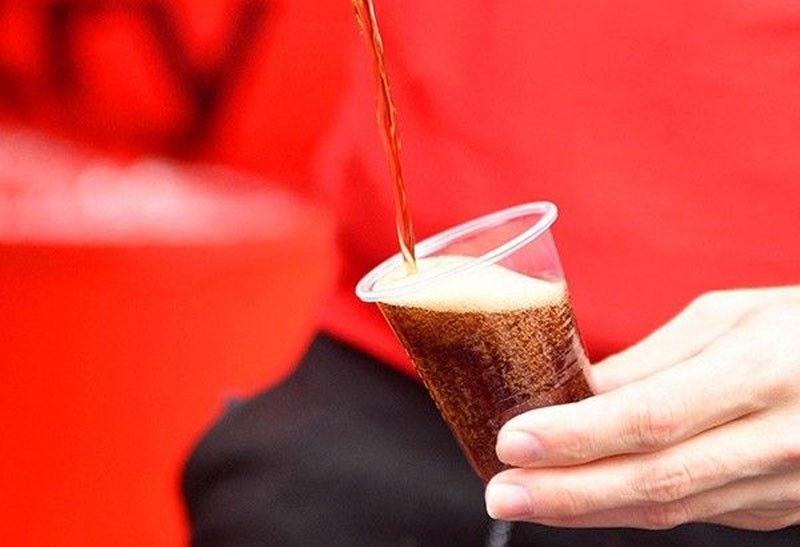Liberalization ‘sweetener’ to higher tax on sugary drinks

MANILA, Philippines — Liberalizing the sugar industry will serve as the ‘sweetener’ for producers and manufacturers to accept the government’s proposed higher levy on sweetened beverages.
In a briefing, Finance Secretary Benjamin Diokno said a reasonable compromise to the planned expanded levy on sweetened beverages is to allow manufacturers to bring in their own supply amid the high price of domestic supply.
The DOF is already moving to broaden the base for sugar products by increasing the tax rate under the TRAIN Law to P12 per liter regardless of the type of sweetener used.
Currently, there is a two-tier rate of P6 and P12 per liter, as started by the Duterte administration.
“Knowing the big difference between the world price and the domestic price of sugar, then allowing the industry to import their own sugar requirement would reduce their cost of production,” Diokno said.
“This is the ‘sweetener’ or incentive for producers of sugary products to accept the broader, simpler tax on sugary products,” he said.
Right now, importers cannot freely bring in sugar without an order from the Sugar Regulatory Administration allowing them to do so.
“Our model is the rice tariffication for all products that are covered by all these non-tariff barriers,” Diokno said.
In 2019, the government liberalized the rice industry by allowing the free flow of rice supply at a given tariff rate.
Diokno is already expecting that producers and sellers of sugary products subjected to tax will object as it will raise the selling price of their products to the market.
The Philippine Sugar Millers Association already expressed opposition to the measure as the group called for an efficient collection of excise tax instead.
Thus, the proposal to allow producers and manufacturers to just bring in the supply they need.
“We want to uniform (the tax rate). Administratively, that’s also good to simplify. The proposal makes good economic sense. It simplifies the tax system – one uniform rate is better than dual rates,” Diokno said.
“It achieves the proposal to make Filipinos live healthier and longer lives. In the long run, it also reduces the costs to the government for providing health care for its people,” he said.
Last month, the government said it would bring a fresh round of 150,000 metric tons of sugar to ensure a comfortable buffer stock and avoid another sudden spike in prices.
The SRA is likewise anticipating a reduction in production to hit around 1.8 million MT.
The tax on sweetened beverages is not new as the Philippines in 2018 began slapping a P6 per liter tax on sweetened beverages as part of efforts to curb obesity in the country.
DOF data shows that the government can generate P53.7 billion from an expanded levy on sweetened beverages during the first year of implementation by 2025.
This could increase to P67 billion by 2026 and further expand to P80.6 billion and P96.5 billion by 2027 and 2028. In total, anticipated revenues from the measure could reach P297.8 billion over a four-year period.
The tax reform package of the then Duterte administration included a P6 per liter tax on sweetened beverages made with caloric or non-caloric sweeteners.
- Latest
- Trending






























